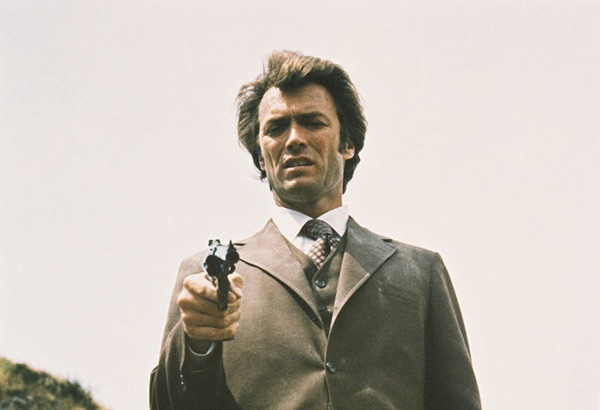How to Think About Luck
Do you feel lucky, punk? Well, do ya?
People sometimes ask me what I attribute the success of the Art of Manliness to.
I tell them it’s a result of hard work, relentless consistency, and keen discernment.
Plus luck.
I started AoM in January 2008, when I was a second-year law student. I had some moderate success with it in the beginning, thanks to a combination of effort and self-promotion (sociology of success!), but it wasn’t anywhere close to something that could be a career. It was a hobby, which was fine at the time because I didn’t have plans to be a professional blogger. I was going to be an attorney.
But on a random day, while I was in my Wills & Estates class, that changed.
While my professor was lecturing about which second cousin gets what if you die without immediate descendants, I surfed to the Art of Manliness website. But I got an error message. What the—?
I frantically checked to see what was going on and realized my server had crashed. I checked our analytics to figure out what was happening and saw thousands of hits from a site called Digg.com.
The very first post I’d ever written — How to Shave Like Your Grandpa — had landed on the front page of Digg.
If you’re old enough to remember Digg, you know what that meant. Getting “Dugg” was the internet equivalent of hitting a jackpot. Getting on the front page of Digg was like getting on the front page of the internet — like getting on r/popular, but even better because there weren’t thousands of other reddit threads, or even websites in general, competing for people’s attention back then. Getting on the front page of Digg would send tens of thousands of people to your site in a matter of hours.
When I got AoM back up, now with a larger server and more memory, the traffic kept pouring in. The story spread from Digg to Lifehacker, Huffington Post, StumbleUpon, and more — all the big dawgs on the internet at the time. My email and RSS subscribers skyrocketed.
That single event put AoM on the map.
Was the article good? I thought so. There was skill involved. I’m still proud of that article, and it still gets a decent amount of traffic today. But the reason it got on Digg had almost nothing to do with me. Some random Digg power-user happened to see the article during his random web surfing one day, decided to submit it to Digg, and the Digg Nation happened to like it.
It was pretty dang lucky.
Kate and I managed to make the most of that Digg effect and have turned AoM into a nearly 20-year career that’s supported our family.
Just as good luck has helped build our business, there are times when bad luck has diminished it.
For example, sometimes Google has made changes to its SEO algorithm which has knocked some of our formerly big-time traffic-getting posts off the front page of search results. These kinds of changes operate entirely outside my control.
Seeing how the winds of fortune can impact my business over the years has caused me to reflect: “How much of our success or failure comes down to skill and good decision-making, and how much does it depend on randomness?” It’s also given me a deep interest in luck in general. I’ve done a lot of reading and thinking about it.



